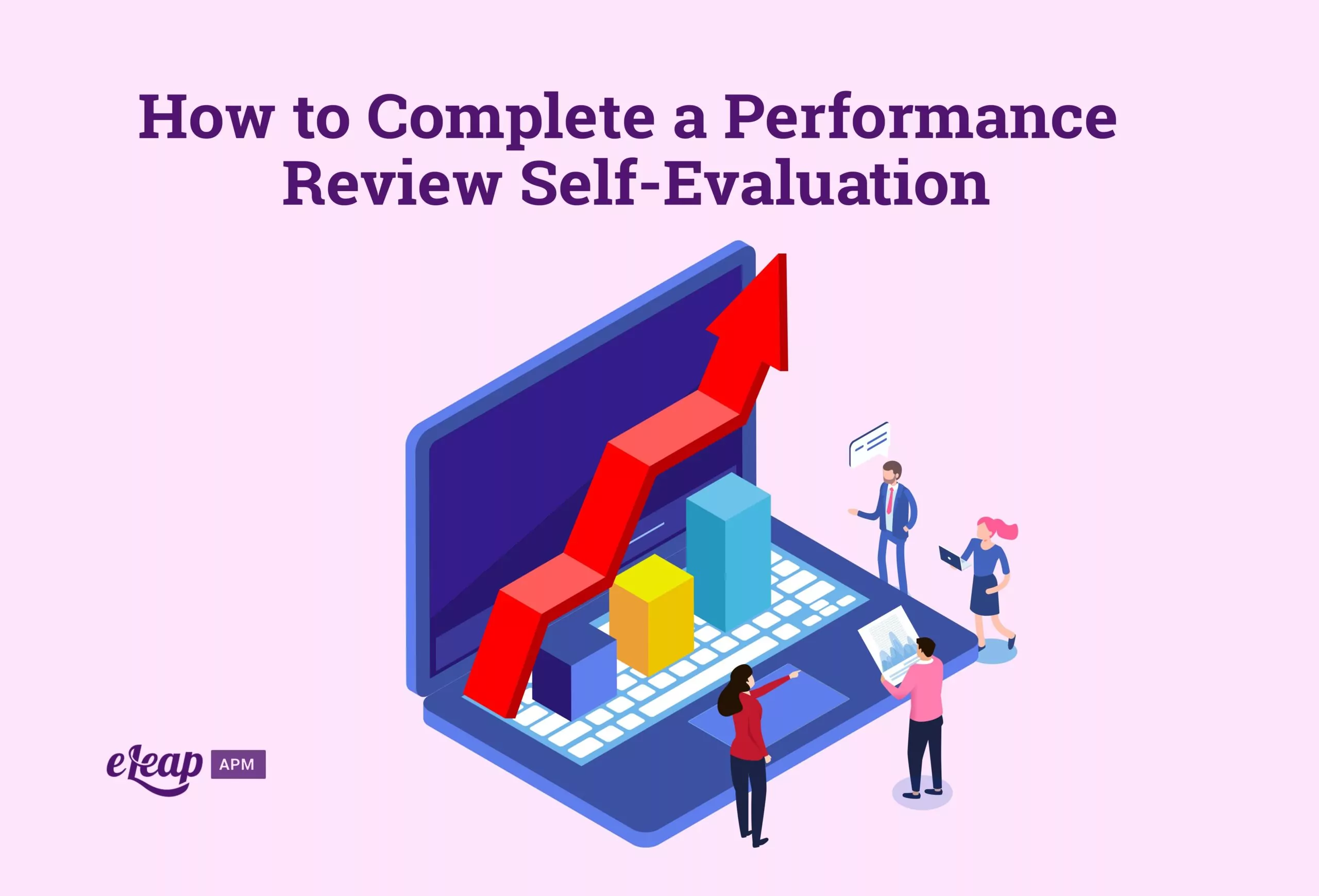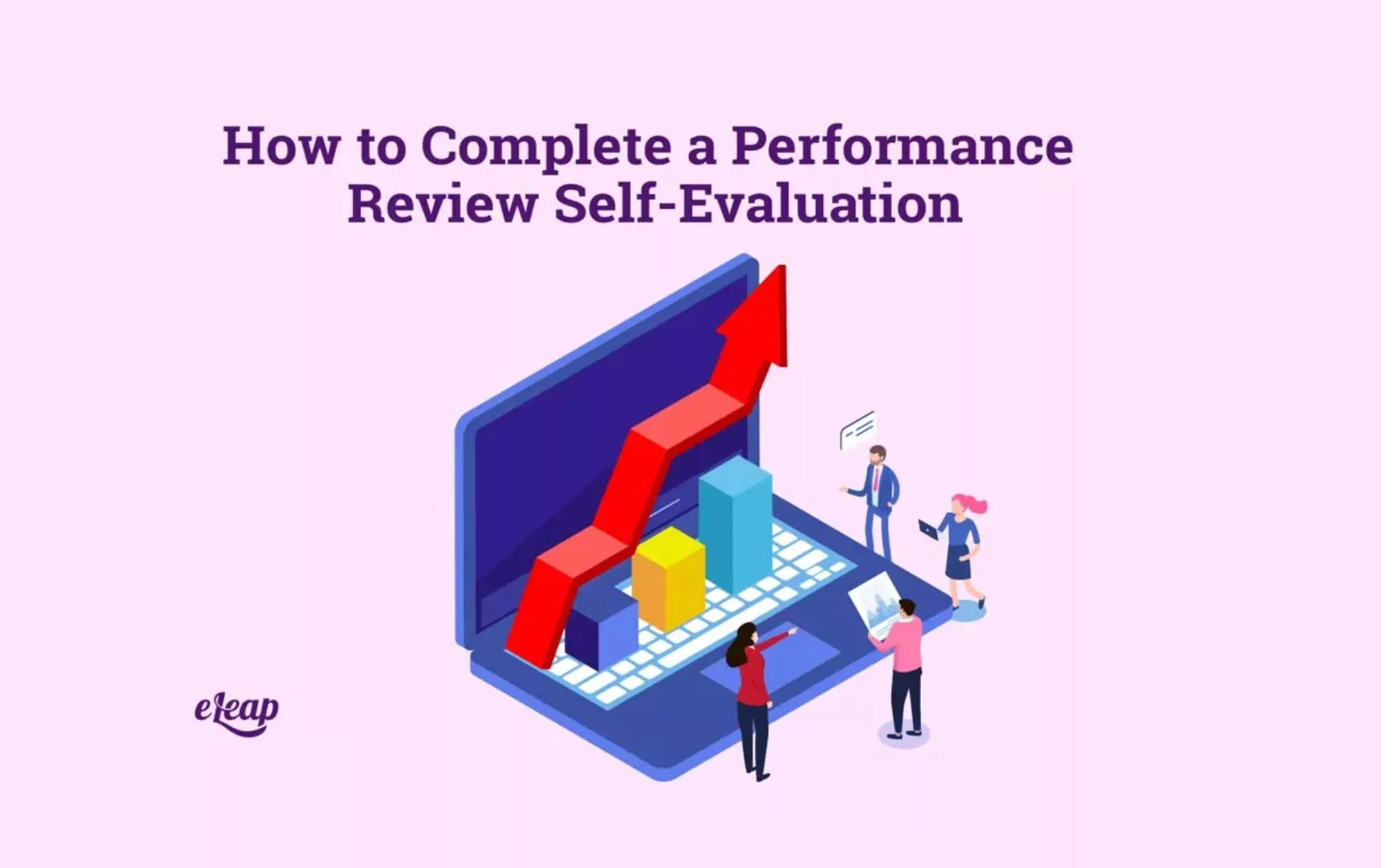How to Complete a Performance Review Self-Evaluation

Performance reviews have been an integral part of the successful running of an organization for a long time. But in recent years, the importance of conducting performance reviews the right way has become prominent. It’s no longer sufficient for employees to undergo a singular, mediocre annual review. Organizations are taking far more care to ensure the review process is actually beneficial to everyone involved.

To improve the review process and get the best results possible, it’s helpful to make sure a self-evaluation is included. Engaging employees during their performance review is often achieved by asking them to review themselves. It’s more effective for them to bring their thoughts to their manager and have a back-and-forth conversation with them rather than just being told how they’re performing. Employees who are given the chance to highlight their accomplishments and results are more likely to be receptive to performance reviews in general.
It’s critical to assist your employees by helping them determine how they should complete their self-evaluations. It’s also critical that employees themselves, or anyone who has to fill out a self-evaluation for that matter, knows how to do so properly. After all, it can be intimidating to be asked to review yourself. Self-evaluations should take into account an employee’s accomplishments throughout the period under review. Similarly, employees must be given the opportunity to identify their own problem areas, areas where they feel they need improvement, and anything they’re struggling with.
Here, we will look at some tips for successfully completing a self-evaluation so that you or your employees alike can benefit as much as possible from the performance review process.
Consider Your Role, Responsibilities, and Objectives
Figuring out where to begin can be the most challenging aspect of a self-evaluation. After reviewing your overall performance from a general perspective, it’s important to narrow down on certain aspects so you can provide the most honest, relevant, and detailed feedback possible.
Consider what the jobs, duties, and responsibilities of the role you were hired into are, and whether or not you feel you fulfilled them. As a baseline for your self-evaluation, it’s helpful to think about any specific goals you may have been assigned by a leader. What were your biggest achievements? Have you achieved your goals or at least demonstrated significant progress toward them?
You might want to start by considering the responsibilities of your main role instead of the most specific goals.
Share The Areas Where You Want to Improve
Self-evaluations aren’t just for boasting about what you’ve done well. You should also mention what you could have done better during the review period to ensure your self-evaluation is balanced. Do not let your past failures discourage you. One of the key points of a self-evaluation is to be honest about your shortcomings so you’re able to grow and improve on them.
Your self-evaluation should be guided by your goals and role responsibilities. If you have failed to achieve an objective, take a step back and ask yourself why. Think about what is keeping you from excelling at certain aspects of your work. When you discuss your job performance honestly with your manager, you’re likely to get some useful advice on the best ways to get better.
You can also share the new skills you hope to acquire or the experience you hope to gain during your self-evaluation. When you excel in your current role, let your manager know about your career goals so they can start thinking about what your next steps might be.
Share Your Wins
A self-evaluation is invaluable in its ability to provide you with the chance to highlight your good work. Outline any major accomplishments that led to success based on your job objectives and tasks.
Self-evaluations aren’t the time to be humble. It’s okay to be specific and proud of your achievements and highlight them in your evaluation. Anyone looking at your self-evaluation or going through it in your performance review will likely be doing so for several employees all at once. So, it’s beneficial to highlight all of your successes in your self-evaluation so they don’t overlook your accomplishments in a certain area.
Use Examples and Data to Support What You Say
When discussing any achievements or shortcomings, using data to back up your claims can be hugely beneficial. Such anecdotes help to make sure your self-evaluation seems legitimate and well thought through, as well as prevent any biases based upon emotion or personal opinions.
For example, being able to prove that you improved results by a certain percentage is undeniable evidence of your successes. The fact that you’re delivering impactful work rather than just keeping busy also shows your commitment. You can also use data to demonstrate where you are now in a certain area of your work and compare it to where you would like to be by the time of the next performance review.
Be Openminded
Once your self-evaluation is completed, it’s time to sit down with your manager and discuss the results. Your manager may have different opinions about specific aspects of your performance, so don’t be surprised if you don’t agree on absolutely everything. It’s likely that you’ll agree on the general points, but your manager may think you could improve in areas where you think you’re thriving. To avoid conflict, it’s important you’re open-minded during this process. Listen closely to what your manager is saying and try not to get defensive or take something to heart. It’s always important to consider outside opinions.
Self-evaluations can be extremely challenging and sometimes overwhelming to complete. However, when done correctly, they’re extremely beneficial and offer you the opportunity to speak out about your own experiences rather than simply relying on someone else’s opinion of your strengths and weaknesses. Learn how to complete self-evaluations properly so you can use them to your benefit.